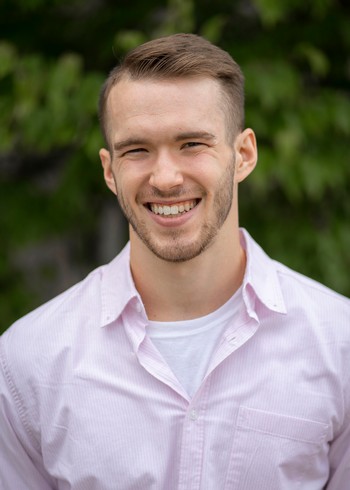
Aaron Staples is a PhD student in the Department of Agricultural, Food, and Resource Economics at Michigan State University studying food systems, food policy, and consumer behavior in food and drink. His research explores complexities across agricultural supply chains to understand consumer demand, increase food system resiliency, and inform policy decisions. With experience researching specialty crop production in Michigan, Aaron has also engaged in extension projects for industry stakeholders, presenting at business meetings, engaging with the news media, and producing policy briefs and outreach articles. Aaron currently serves as the Chair of the Graduate Student Section of the Agricultural and Applied Economics Association, promoting the personal and professional development of graduate students in the profession. Outside of his academic and professional endeavors, Aaron enjoys watching baseball and homebrewing. You can learn more about Aaron at his website, here: https://aaronjstaples.wordpress.com/.
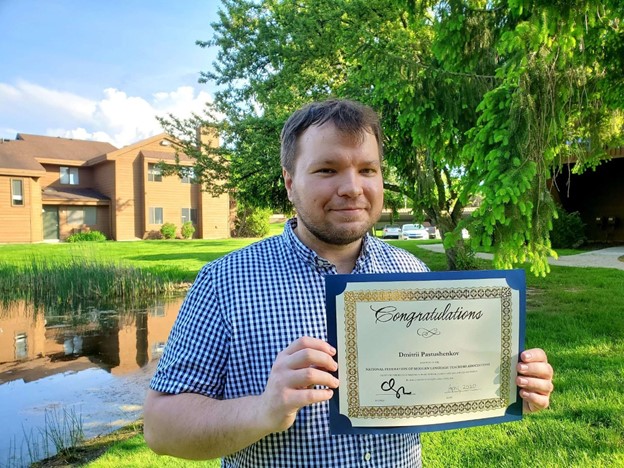 Dmitrii Pastushenkov
Dmitrii Pastushenkov
Dmitrii Pastushenkov is a Ph.D. Candidate and Graduate Assistant in the Second Language Studies Program at Michigan State University, where he also serves as the Russian Lead Instructor in the STARTALK Critical Language Assessment Program. Dmitrii has worked in language education since 2010 and has taught courses in English, French, Russian, applied linguistics, second language acquisition, and teacher education. His primarily areas of research are instructed second language acquisition and bi/multilingual interaction. Dmitrii is deeply committed to bridging the “research-pedagogy divide” to help teachers and learners benefit from language research and incorporate empirically supported pedagogical practices. Over the course of his studies at MSU, Dmitrii has served in various mentorship and leadership positions at the undergraduate and graduate levels and has actively contributed to MSU’s intellectual and extracurricular activities. He was a Co-Chair of the graduate Student Organization of Second Language Acquisition and Pedagogy, an Editor for MSU Working Papers in Second Language Studies, and the Program Coordinator of the 2019 Second Language Research Forum.
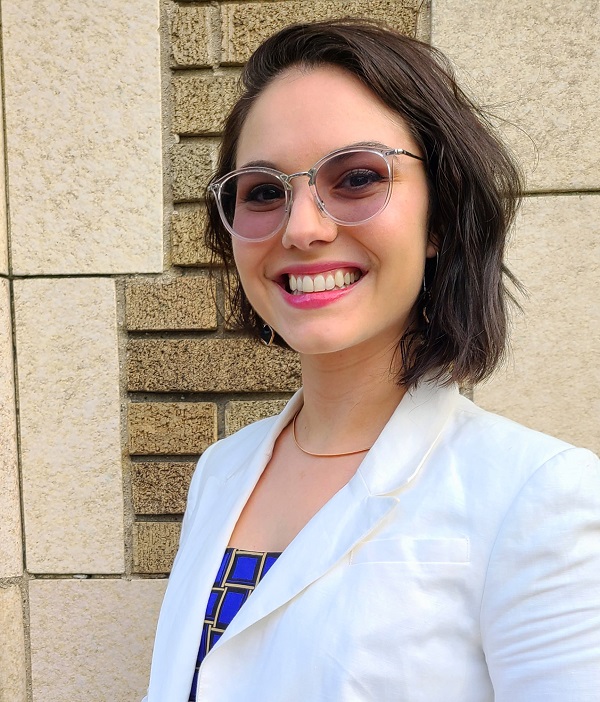 Gabriela Shirkey
Gabriela Shirkey
Gabriela Shirkey is a fifth-year Straight-to-PhD student within the Department of Geography, Environment and Spatial Sciences. She observes changes in carbon emissions, land use and land cover change, and land management in the context of sustainable climate mitigation. Using remote sensing, life-cycle-assessment, and biophysical science, her Ph.D. work will develop a framework to estimate net carbon emissions (i.e., global warming potential) at the landscape scale that accounts for carbon sequestration from the landscape and anthropogenic emissions. This research also contributes to her Dual Major in Environmental Science and Public Policy (ESPP).
The COGS Leadership Endowment Fellowship recognizes Gabriela’s service and leadership to the FLUXNET, a biogeosciences community studying surface-atmosphere interactions. Since 2019, she has served as an Early Career Network (ECN) organizer. Recently, she joined the international effort of FLUXNET Coop as a Council Member to bridge regional FLUXNET networks advancing communication and data-sharing. With FLUXNET ECN, FLUXNET Coop and the US-based regional network AmeriFlux, she’s developed webinars, social media content, organized workshops, and chaired the Annual AmeriFlux Conference in 2020. These opportunities have shaped her service and collaboration experience as an early-career scientist.
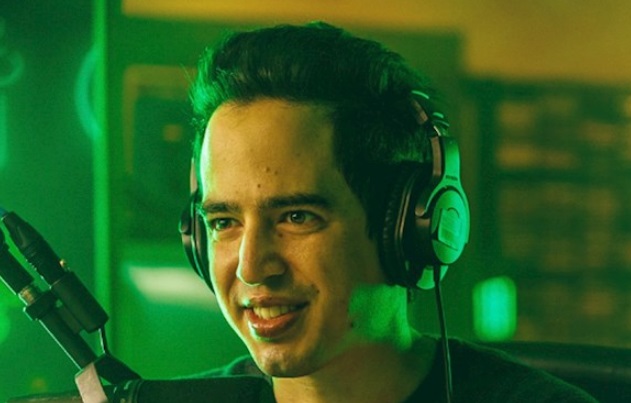 Daniel Puentes
Daniel Puentes
Daniel Puentes is a Ph.D. candidate in the Department of Physics and Astronomy at Michigan State University. His research specializes in experimental nuclear physics, and he carries out his research at the National Superconducting Cyclotron Laboratory (NSCL). Daniel is a part of the Low Energy Beam and Ion Trap Group, which performs high-precision mass measurements to inform nuclear astrophysics and nuclear structure studies. His research focuses on the mass measurement of 24Si to constrain reaction rates for the rapid-proton (rp) process, which occurs in Type-1 X-ray bursts. The other half of his work is developing a gas catcher with a thin entrance membrane (21 nm) made of Si3N4. The membrane will be responsible for fragmenting molecular ion beams, with their atomic constituents extracted from the gas catcher to verify that fragmentation occurred.
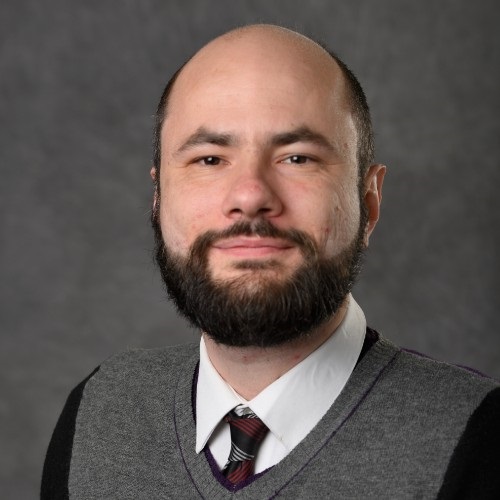 David Filipovic
David Filipovic
David grew up in Belgrade, Serbia, and has had a long standing interest in computation and modeling. After his undergraduate studies in Belgrade, David narrowed his focus from Computer Science and Engineering to biomedical signal processing within Electrical Engineering, which led him to complete a Masters degree at the University of New Hampshire. David is now pursuing a PhD degree in Biomedical Engineering at Michigan State.


